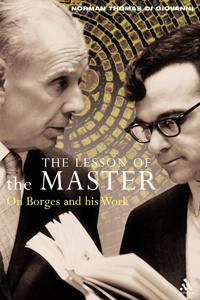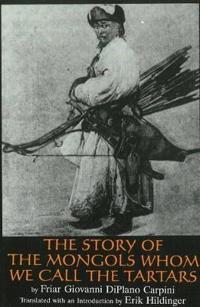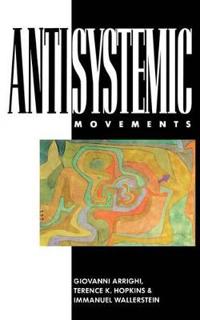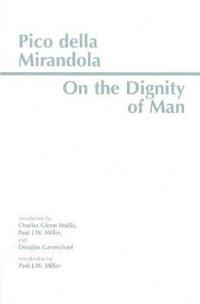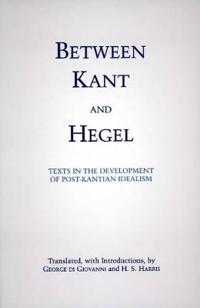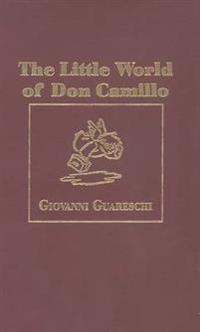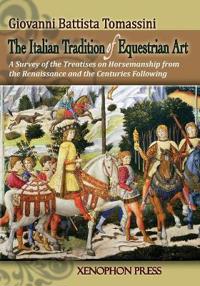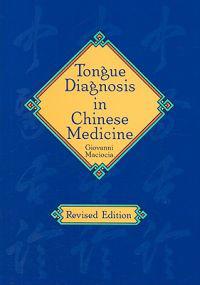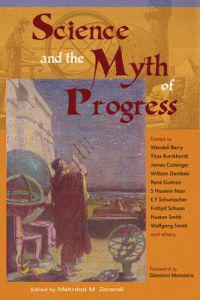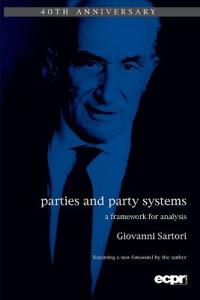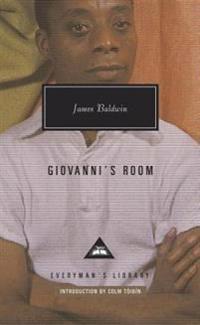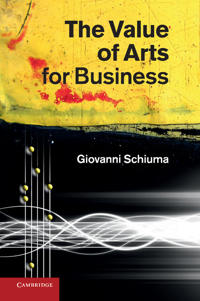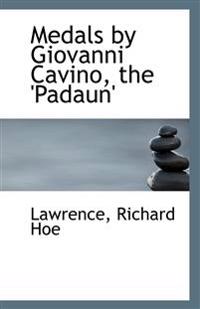Flat And Corrugated Diaphragm Design Handbook (Inbunden)
avMario Di Giovanni
ISBN: 9780824712815 - UTGIVEN: 1982-01-29The Lesson of the Master (Häftad)
avNorman Thomas di Giovanni
ISBN: 9780826476258 - UTGIVEN: 200410Borges -- Argentine poet, essayist, and short-story writer, whose tales of fantasy and dream-worlds are classics of the 20th-century world literature - was profoundly influenced by European culture, English literature, and thinkers such as Berkeley. Since his death, Borges has been inducted into the[...]
The Story of the Mongols Whom We Call the Tartars (Häftad)
avGiovanni Di Plano Carpini
ISBN: 9780828320177 - UTGIVEN: 1996-06Except for Marco Polo (whose book entitled, "The Million", meaning a million lies about a fabulous China), Europeans knew very little about China. When the Mongols pushed out of China in their conquests to the west, suddenly the Europeans were faced with a veritable threat. In 1241, Mongols had kill[...]
Anti-systemic Movements (Häftad)
avGiovanni Arrighi, Terence K. Hopkins, Immanuel Wallerstein
ISBN: 9780860919643 - UTGIVEN: 198908"Antisystemic Movements" is an eloquent and concise history of popular resistance and class struggle by the leading exponents of the "world-systems" perspective on capitalism. Basing itself on an analysis of resistance movements since the emergence of capitalism, it shows that while some early forms[...]
On the Dignity of Man (Häftad)
avGiovanni Pico della Mirandola
ISBN: 9780872203969 - UTGIVEN: 199804This anthology offers in their entirety three central works of Pico's. On the Dignity of Man, one of the most widely read documents of the early Renaissance humanism, appears in the context of two lesser-known but equally representative mature works: One Being and the One, a treatise defending what [...]
Between Kant and Hegel (Häftad)
avGeorge Di Giovanni, H.S. Harris
ISBN: 9780872205048 - UTGIVEN: 2000-04This volume fills a lamentable gap in the philosophical literature by providing a collection of writings from the pivotal generation of thinkers between Kant and Hegel. It includes some of Hegel's earliest critical writings -- which reveals much about his thinking before the first mature exposition [...]
Borges on Writing (Häftad)
avNorman Thomas Di Giovanni, Jorge Luis Borges, Daniel Halpern
ISBN: 9780880013680 - UTGIVEN: 1994-07Borges On WritingIn 1971, Jorge Luis Borges was invited to preside over a series of seminars on his writing at Columbia University. This book is a record of those seminars, which took the form of informal discussions between Borges, Norman Thomas di Giovanni--his editor and translator, Frank MacShan[...]
Little World of Don Camillo (Inbunden)
avGiovanni Guareschi
ISBN: 9780891902157 - UTGIVEN: 195106Disaster threatens when a mild-mannered Italian priest wages a personal war against the village communists[...]
The Italian Tradition of Equestrian Art (Häftad)
avGiovanni Battista Tomassini
ISBN: 9780933316386 - UTGIVEN: 2014-08The Theory of Democracy Revisited (Häftad)
avGiovanni Sartori
ISBN: 9780934540476 - UTGIVEN: 1987-01This is part one of a two-volume set. "...[Sartori] reviews the major democratic theories of our time and canvasses astutely the salient issues among them. Sartori synthesizes a theory of his own which he proffers as a new mainstream view to his readers. His trenchant and swift-moving argument moves[...]
The Theory of Democracy Revisited (Häftad)
avGiovanni Sartori
ISBN: 9780934540483 - UTGIVEN: 1987-01This is part two of a two-volume set. "Democracy is, in part, a debate about what democracy is. With "The Theory of Democracy Revisted", Sartori offers an overview of classical and contemporary issues. All students of politics will find his arguments provocative, whether or not they agree with his c[...]
Tongue Diagnosis in Chinese Medicine (Inbunden)
avGiovanni Maciocia
ISBN: 9780939616190 - UTGIVEN: 199512Science and the Myth of Progress (Häftad)
avGiovanni Monastra
ISBN: 9780941532471 - UTGIVEN: 200402The scientific and technological marvels of today's world are generally viewed as evidence of humanity's advancement and as liberation from various forms of ignorance and prejudice - in short, as proof of human progress. Yet many of our most thoughtful and well informed contemporaries are voicing se[...]
Parties and Party Systems (Pocket)
avGiovanni Sartori
ISBN: 9780954796617 - UTGIVEN: 200803In this rich and broad-ranging volume, Giovanni Sartori outlines what is now recognised to be the most comprehensive and authoritative approach to the classification of party systems. He also offers an extensive review of the concept and rationale of the political party, and develops a sharp critiqu[...]
Giovanni's Room
ISBN: 9781101907740 - UTGIVEN: 2016-03James Baldwin s groundbreaking novel about love and the fear of love is set among the bohemian bars and nightclubs of 1950s Paris.
David is a young American expatriate who has just proposed marriage to his girlfriend, Hella. While she is away on a trip, David meets a bartender named Giovanni to [...]Normal Approximations With Malliavin Calculus (Inbunden)
avIvan Nourdin, Giovanni Peccati
ISBN: 9781107017771 - UTGIVEN: 2012-05-10Shows how quantitative central limit theorems can be deduced by combining two powerful probabilistic techniques: Stein's method and Malliavin calculus.[...]
The Theory of Economic Policy in a Strategic Context (Inbunden)
avNicola Acocella, Giovanni Di Bartolomeo, Andrew Hughes Hallett
ISBN: 9781107023864 - UTGIVEN: 2012-11-01A new unified theory of economic policy which responds to conflicts between strategic public and private policymakers.[...]
The Value of Arts for Business (Häftad)
avGiovanni Schiuma
ISBN: 9781107412460 - UTGIVEN: 201209The traditional view of the relationship between business and the arts is very much a one-way affair: organisations may endorse, fund or publicise the arts but the arts have nothing to offer from a business perspective. The Value of Arts for Business challenges this view by showing how the arts, in [...]
Bibliotheca Judaica Antichristiana: Qua Editi Et Inediti Judaeorum Adversus Christianam Religionem Libri Recensentur (Pocket)
avGiovanni Bernardo De Rossi
ISBN: 9781108053709 - UTGIVEN: 2013-06-271800 and 1812 catalogues, by a prominent Christian Hebraist, of Jewish anti-Christian polemics and his personal library, in Latin and Italian respectively.[...]
Mss. Codices Hebraici Bibliothecae I. B. De-rossi Accurate Ab Eodem Descripti Et Illustrati (Pocket)
avGiovanni Bernardo De Rossi
ISBN: 9781108060080 - UTGIVEN: 2013-07-31A three-volume 1803 Latin catalogue of the Hebrew codices in the library of Giovanni Bernardo De Rossi (1742-1831).[...]
Mss. Codices Hebraici Bibliothecae I. B. De-rossi Accurate Ab Eodem Descripti Et Illustrati (Pocket)
avGiovanni Bernardo De Rossi
ISBN: 9781108060097 - UTGIVEN: 2013-07-31A three-volume 1803 Latin catalogue of the Hebrew codices in the library of Giovanni Bernardo De Rossi (1742-1831).[...]
Mss. Codices Hebraici Bibliothecae I. B. De-rossi Accurate Ab Eodem Descripti Et Illustrati (Pocket)
avGiovanni Bernardo De Rossi
ISBN: 9781108060110 - UTGIVEN: 2013-07-31A three-volume 1803 Latin catalogue of the Hebrew codices in the library of Giovanni Bernardo De Rossi (1742-1831).[...]
Mss. Codices Hebraici Bibliothecae I. B. De-rossi Accurate Ab Eodem Descripti Et Illustrati 3 Volume Set (Pocket)
avGiovanni Bernardo De Rossi
ISBN: 9781108060127 - UTGIVEN: 2013-07-31A three-volume 1803 Latin catalogue of the Hebrew codices in the library of Giovanni Bernardo De Rossi (1742-1831).[...]
Medals by Giovanni Cavino, the Padaun (Häftad)
avLawrence Hoe
ISBN: 9781113351265 - UTGIVEN: 2009-08


